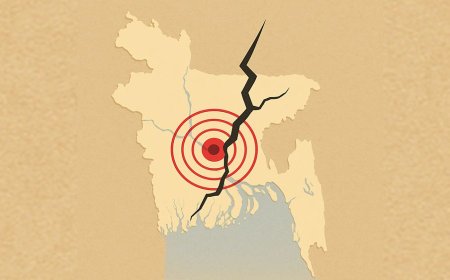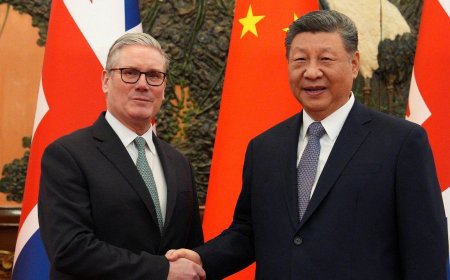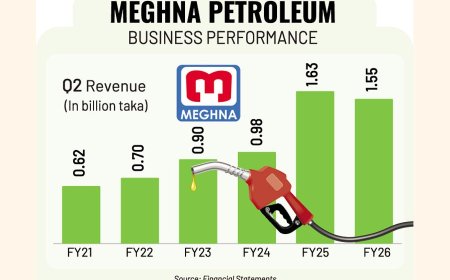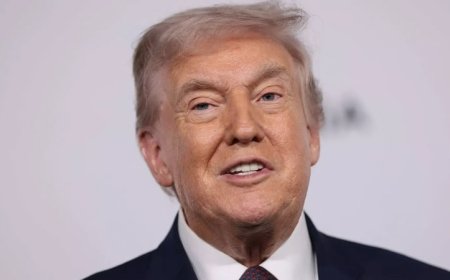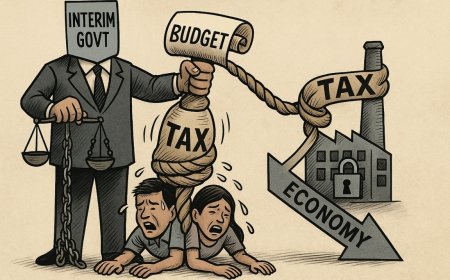Economic Uncertainty Persists
Economic Uncertainty Persists
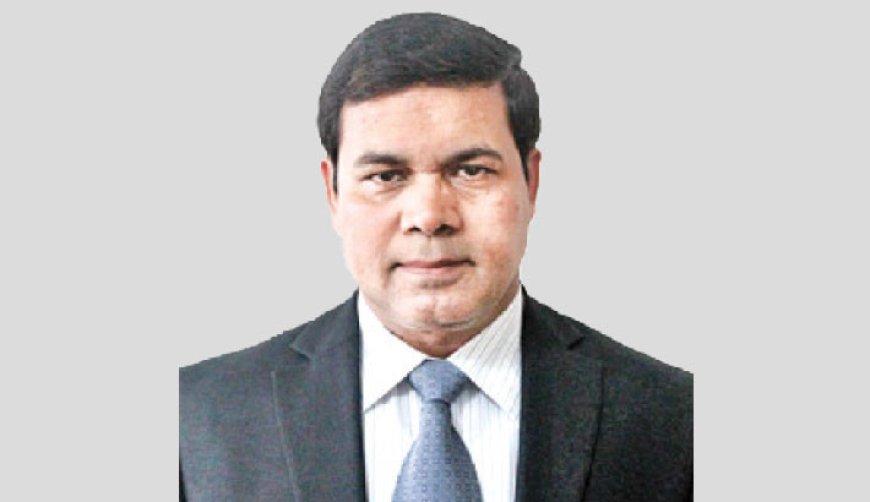
The economic uncertainty that began with the Covid-19 pandemic is far from over. Rather than showing signs of stabilisation, the global economy continues to face mounting instability. The initial shock of the pandemic plunged the world into deep economic turmoil, and just as the situation began to stabilise, the outbreak of the Russia-Ukraine war triggered another wave of disruption. Although the global economy has so far managed to avoid a full-blown recession—thanks largely to aggressive monetary tightening by central banks—uncertainty continues to deepen, particularly with renewed tensions stemming from trade disputes.
The recent pause in reciprocal tariffs in the US-China trade conflict has offered a temporary sense of relief, but the broader economic outlook remains highly uncertain. Many observers describe the current situation as a "calm before the storm." Rapid, complex shifts in global economic dynamics are making it increasingly difficult for international organisations to provide reliable forecasts.
Despite this, institutions such as the European Central Bank (ECB) continue to release data and analyses. In its latest biannual report, the ECB highlights rising concerns over abrupt government policy shifts across sectors like trade, fiscal management, and defence, warning that these could undermine financial system stability. The report also notes that while markets have rebounded following the easing of trade tensions, this recovery may be misleading. Investor complacency could prove dangerous, especially if future policy changes—particularly from the United States—spark renewed instability.
ECB Vice President Luis de Guindos cautioned that the risk of frequent, high-impact adverse events is growing. Analysts interpreting the report warn that investors may be underestimating both the likelihood and consequences of such shifts, particularly as they relate to non-bank financial institutions, which typically hold fewer liquid assets and are thus more vulnerable to sudden liquidity pressures.
The ECB also underscores the growing political uncertainty in Europe, especially as EU governments ramp up defence spending amid doubts over the reliability of their transatlantic alliances. This reallocation of resources could place further strain on economic planning. Moreover, US policy changes—such as deregulation of financial systems and a more permissive stance on crypto—have made investors wary, demanding higher risk premiums and reconsidering the US dollar’s status as a safe-haven currency.
Ultimately, continued policy volatility, sluggish growth, rising military expenditures, and structural shifts are expected to prolong economic instability in the Eurozone and beyond. This global uncertainty will inevitably spill over into developing economies like Bangladesh. Already struggling with domestic and regional political tensions, Bangladesh’s economy is highly vulnerable to external shocks. Policymakers and business leaders must closely monitor these developments and adopt proactive measures to shield the country from potential fallout.
What's Your Reaction?








